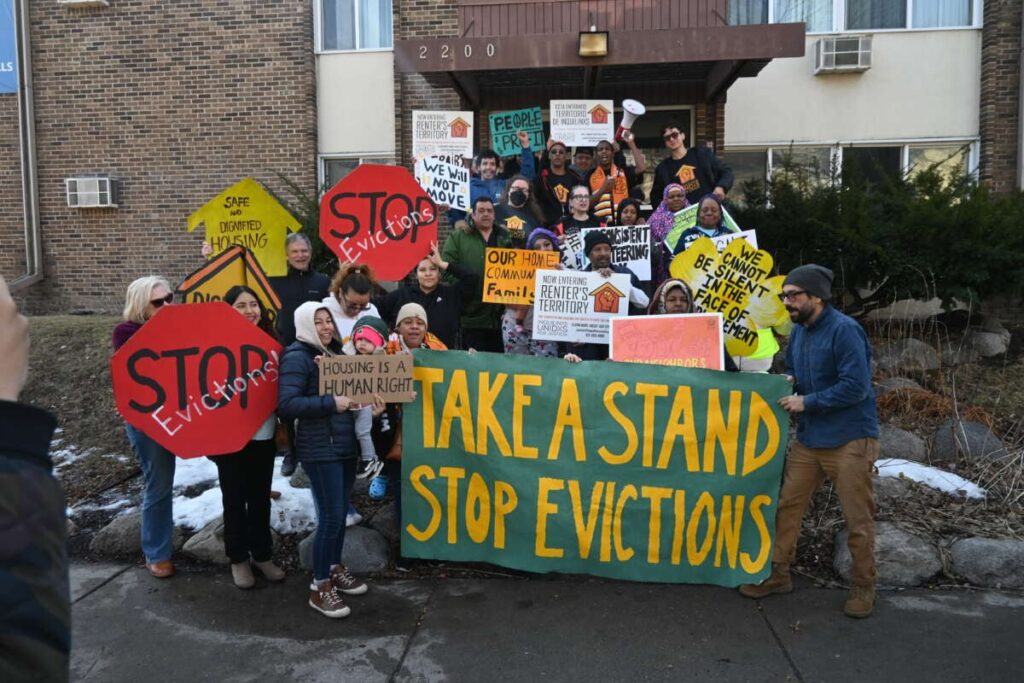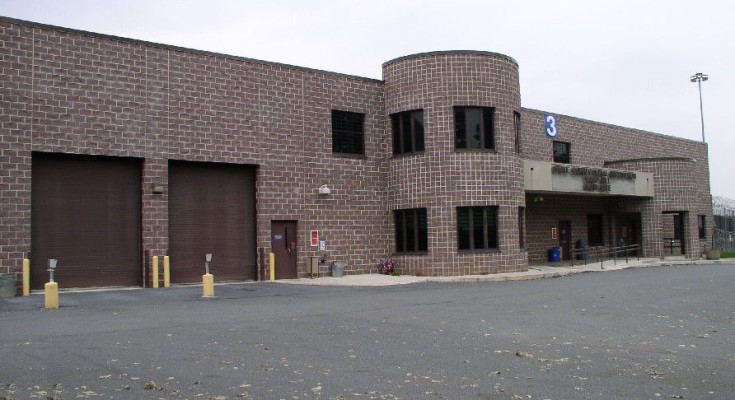
The tenant-led movement in the United States is gaining momentum as unions are forming to confront corporate landlords and advocate for housing rights. In 2024, multiple tenant unions established the Tenant Union Federation (TUF), aiming to empower tenants across the nation and secure protections against predatory practices. This grassroots movement is uniting individuals from diverse backgrounds, focusing on collective action to address the ongoing housing crisis.
Tenant unions have proliferated in cities nationwide, from Los Angeles to Kansas City, with thousands of tenants organizing to assert their rights. This multiracial, working-class movement is challenging the established power of landlords by emphasizing the necessity of collaboration among tenants. Their strategies include conducting rent strikes, advocating for policy reforms, and highlighting the links between housing issues and broader economic inequalities.
Collective Action and Empowerment
The TUF aims to “organize tenants to wield power at a massive scale” and ensure that housing is recognized as a public good. In a recent discussion with tenant leaders, the importance of collective organization became clear. Edain Altamirano, organizing director of Inquilinxs Unidxs Por Justicia, emphasized that the fight against gentrification in Minneapolis is rooted in community solidarity. “Organizing is a way to reconnect the community and keep it whole,” Altamirano stated.
The sentiment was echoed by Emily LaShelle, organizing director of the Bozeman Tenants Union in Montana. She pointed out that tenant organizing allows people to see the real source of their struggles, shifting blame away from neighbors to the corporate entities profiting from their hardships. This unity is crucial for confronting systemic issues that disproportionately affect marginalized communities.
The challenges faced by tenant unions are numerous. Josh Poe, an organizer with the Louisville Tenants Union, highlighted the lack of rights for tenants in Kentucky, where there is no governing body like the National Labor Relations Board to protect them. He noted that tenants often face retaliation from property managers, making it vital for them to build a strong, organized front.
Building a National Movement
The decision to affiliate with TUF represents a strategic move for local unions. Altamirano explained that being part of a national federation provides valuable resources and allows for shared learning among tenant organizations. The collaboration enhances their ability to tackle common issues, particularly as many landlords operate across state lines.
LaShelle expressed a vision of a nationwide network of tenant unions that could collectively challenge powerful corporate interests. “If we have a country full of tenant unions, and we are organized well enough, we could bring them to their knees,” she stated.
The interview also revealed the profound impact of tenant organizing on personal and community levels. Poe remarked that engaging in this work allows individuals to reclaim their narratives and fight against systemic oppression. Each participant spoke passionately about their motivations, which stemmed from a deep desire for justice and community empowerment.
As the tenant movement continues to grow, the leaders stress the importance of political education and awareness. Altamirano noted that tenants must understand the systemic nature of housing inequality and the ways in which gentrification seeks to divide communities.
The journey toward tenant empowerment is fraught with obstacles, but the leaders remain hopeful. They advocate for a focus on collective strength and the necessity of supporting one another in the face of adversity. As Altamirano put it, “You have to share what you know,” emphasizing the importance of collaboration in building a resilient movement.
In summary, the burgeoning tenant union movement across the United States represents a formidable challenge to corporate landlords and highlights the urgent need for systemic change in the housing sector. Through collective action and solidarity, these unions are working to redefine the relationship between tenants and landlords, striving for a future where housing is a fundamental right for all.







